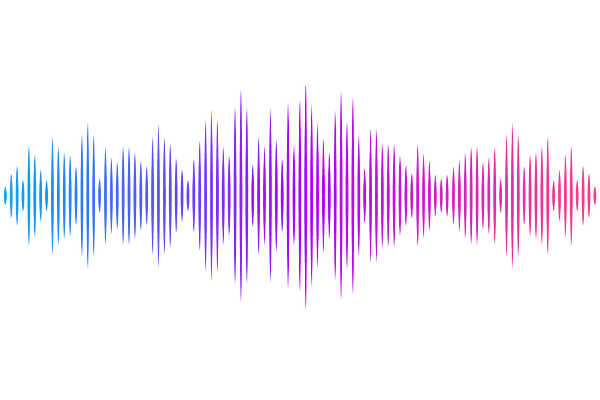Stratifying variant deleteriousness and trait-modulating effect under human recent adaptation

Stratifying variant deleteriousness and trait-modulating effect under human recent adaptation
Fan, X.; Huang, D.; Dong, X.; Yi, X.; Wang, J.; Zhang, S.; Dong, X.; Gu, X.; Li, M.; Sham, P. C.; Zhou, W.; Li, M. J.
AbstractDespite advances in annotating and interpreting human genetic variants, existing methods to distinguish deleterious/pathogenic from neutral variants still inadequately capture the nuanced impact of genetic variants on fitness and disease susceptibility. In this study, we introduced a new deep learning framework, the FIND model, by stratifying genetic variants into refined categories based on selection pressures and derived allele frequency. FIND demonstrated superior performance over existing genome-wide methods, delivering enhanced resolution in differentiating trait-modulating alleles from those that are pathogenic or neutral. Access to base-wise informative annotations has unveiled novel features that significantly enhance the model interpretability, and FIND has adeptly delineated evolutionary trends in human accelerated regions. Furthermore, applying FIND to the interpretation of clinical variants demonstrates its substantial potential in reclassifying variants of unknown significance. This work advances our understanding of the genetic underpinnings of human adaptation and disease, providing a new tool to explore the complexities of genetic contributions to health.